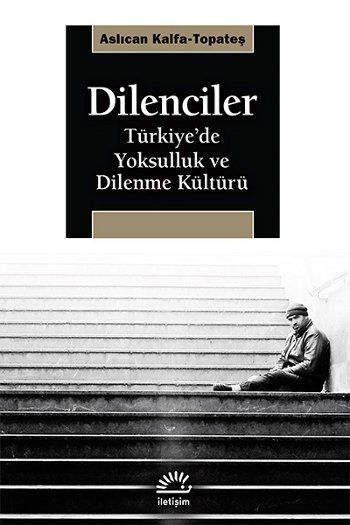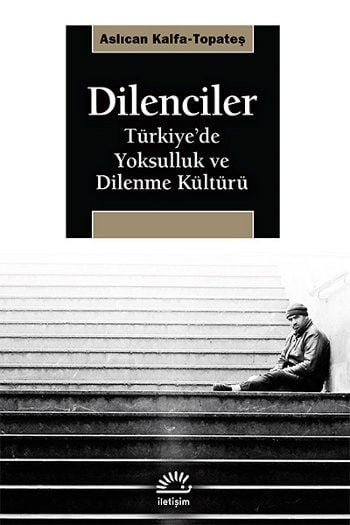
beggars
"Some people say, 'You are richer than me.' Some people say, 'Go, are you blind? 'You're blind,' 'You're blind,' 'You're blind,' 'You're blind.' 'Some people say 'Isn't it shameful?' "I say, 'I'm not taking my child out of my joy,' I'm saying, 'I'm taking my child out of poverty.'
"Don't go out with your little child," I say. He says, "If I don't go out with the child, no one gives me money, no one buys from me. Or when I go out with my child, I give him tissues," he says: "How many liras?" they ask. "One lira," I say. "They say, 'Here's five liras,' but when he comes out childless, he gives one lira."
One of the oldest professions in history is begging. In her book, Aslıcan Kalfa-Topateş reminds us that, above all, begging is a survival strategy for the poor. Just as there is historical continuity, there is also change: from feudalism to capitalism, and within capitalism from the welfare state to globalization, we see how the "context" of begging changes.
The bulk of the book consists of the begging culture and its changes in Turkey's social history. How are beggars perceived, how are they treated, how do they perceive their own activities, how do they react to the treatment they receive? How is the relationship between poverty and the social assistance regime and begging shaped? A pioneering study about a phenomenon that is turned away from, "unseen", and dismissed as "a social wound" at best.
(From the Promotional Bulletin)
Number of Pages: 319
Year of Print: 2015
Language: Turkish
Publisher: İletişim Publishing
First Print Year: 2015
Language Turkish
| Publisher | : | Contact Publishing |
| Number of pages | : | 319 |
| Publication Year | : | 2015 |
| ISBN | : | 9789750518645 |
| The heart | : | Turkish |


